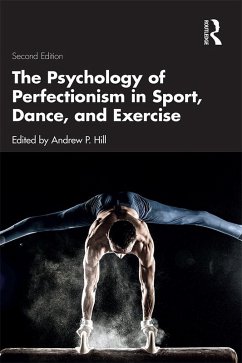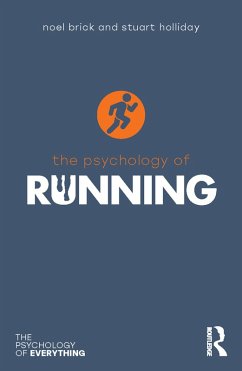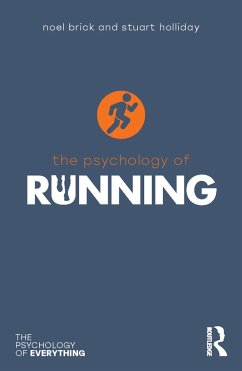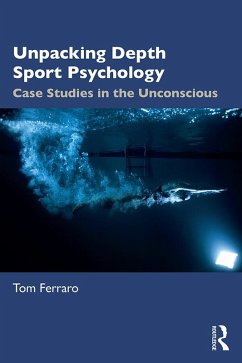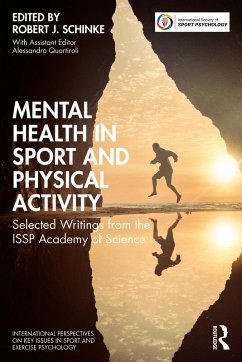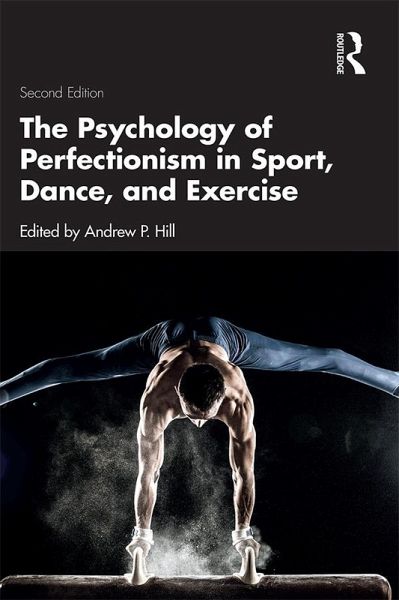
The Psychology of Perfectionism in Sport, Dance, and Exercise (eBook, ePUB)
Versandkostenfrei!
Sofort per Download lieferbar
49,95 €
inkl. MwSt.
Weitere Ausgaben:

PAYBACK Punkte
25 °P sammeln!
This extensively revised and updated edition offers a comprehensive account of the latest research and practice issues relating to perfectionism in sport, dance, and exercise.The new edition of The Psychology of Perfectionism in Sport, Dance, and Exercise includes the latest understanding of perfectionism, its benefits and costs, and support that can be given to those at risk to the perils of perfectionism. The book features contributions from leading researchers and practitioners. With nine new chapters and six updated chapters, the book provides an exhaustive account of research, novel appro...
This extensively revised and updated edition offers a comprehensive account of the latest research and practice issues relating to perfectionism in sport, dance, and exercise.
The new edition of The Psychology of Perfectionism in Sport, Dance, and Exercise includes the latest understanding of perfectionism, its benefits and costs, and support that can be given to those at risk to the perils of perfectionism. The book features contributions from leading researchers and practitioners. With nine new chapters and six updated chapters, the book provides an exhaustive account of research, novel approaches to studying and working with perfectionism, along with critical reflections on key issues and controversies. The book includes a new section on emerging approaches and concepts, as well as a revised section on applied issues and practitioner perspectives offering three new approaches to working with perfectionism. With chapters featuring returning authors and new contributors with novel perspectives, this edition will be invaluable to individuals familiar and unfamiliar with this area of work.
This book will be an essential resource and vital guide for students and researchers, as well as practitioners, coaches and instructors in sport, dance, and exercise.
The new edition of The Psychology of Perfectionism in Sport, Dance, and Exercise includes the latest understanding of perfectionism, its benefits and costs, and support that can be given to those at risk to the perils of perfectionism. The book features contributions from leading researchers and practitioners. With nine new chapters and six updated chapters, the book provides an exhaustive account of research, novel approaches to studying and working with perfectionism, along with critical reflections on key issues and controversies. The book includes a new section on emerging approaches and concepts, as well as a revised section on applied issues and practitioner perspectives offering three new approaches to working with perfectionism. With chapters featuring returning authors and new contributors with novel perspectives, this edition will be invaluable to individuals familiar and unfamiliar with this area of work.
This book will be an essential resource and vital guide for students and researchers, as well as practitioners, coaches and instructors in sport, dance, and exercise.
Dieser Download kann aus rechtlichen Gründen nur mit Rechnungsadresse in A, B, BG, CY, CZ, D, DK, EW, E, FIN, F, GR, HR, H, IRL, I, LT, L, LR, M, NL, PL, P, R, S, SLO, SK ausgeliefert werden.




